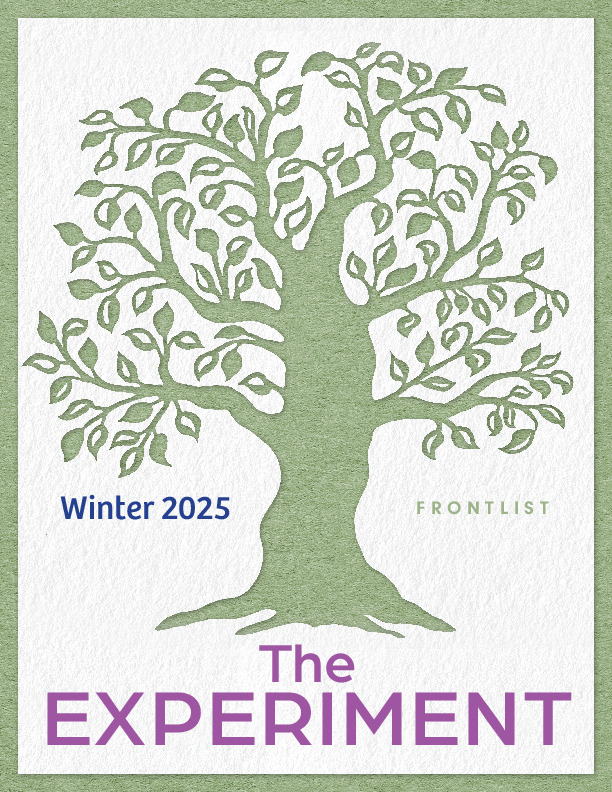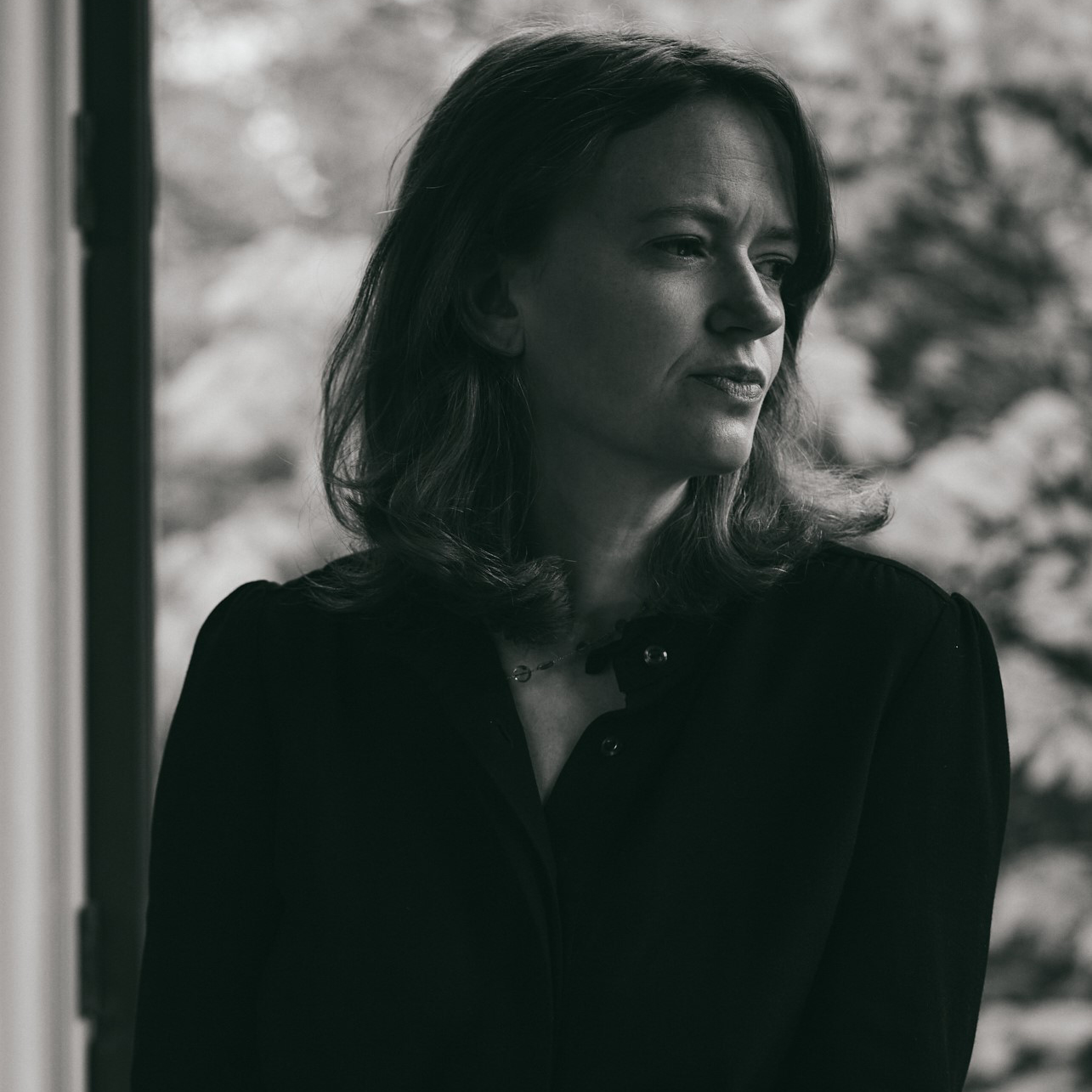 Enlarge Cover
Media/Desk Copy Request
Enlarge Cover
Media/Desk Copy Request
“[Shrink the City] surveys ways in which cities around the globe have created compact neighborhoods where residents’ daily needs are quickly accessible on foot or by bicycle—a concept known as the 15-minute city. . . . deeply researched and winsomely written. . . an invaluable overview of the cutting edge of urban planning.”—Publishers Weekly
Cities define the lives of all those who call them home: where we go, how we get there, how we spend our time. But what if we rethink the ways we plan, live in, and move around our cities? What if we didn’t need a car to reach the grocery store? What if we could get back the time we would have spent commuting and put it to other uses?
In this fascinating, carefully researched and reported book, longtime Financial Times journalist Natalie Whittle investigates the 15-minute city idea—its pros, cons, and its potential to revolutionize modern living.
From Paris, Melbourne, and Rotterdam to Charlotte, North Carolina, and Tempe, Arizona, cities worldwide are being guided by the 15-minute city’s ideals—with varying results. By looking at these examples, Whittle considers:
- what really happens when a city expands bike lanes and pedestrian areas—and disincentivizes long commutes
- which approaches to building affordable housing are actually effective
- how neighborhoods of varying wealth are affected by 15-minute city policies
- whether it’s possible to convince car-owning city dwellers to replace their vehicles with other forms of transport.
This timely book serves as a call to reflect on our cities and neighborhoods—and it outfits us with insights on how to make them more sustainable, safe, and welcoming.
“Whittle’s enlightening debut surveys ways in which cities around the globe have created compact neighborhoods where residents’ daily needs are quickly accessible on foot or by bicycle—a concept known as the 15-minute city. . . . Deeply researched and winsomely written . . . an invaluable overview of the cutting edge of urban planning.”—Publishers Weekly
“A rose by any other name would smell as sweet. The 15-minute city—which we call the walkable city and others just call the well-planned city—is the proper way for humans to occupy space. This book and the movement it describes are only necessary because, for almost a full century, logic was turned on its head, and the perverse ideals of distance and speed replaced those of proximity and access. Shrink the City is a lovely and useful guidebook to bring our civilization back to a scale at which it will stop stinking so badly.”—Jeff Speck, city planner and author of Walkable City
“An exciting and accessible read [that] weaves together the anecdotal with thorough research and academic investigation.”—SNACK magazine
“Shrink the City makes the case for creating smaller cities within big cities. Whittle describes a series of small, densely occupied circles within cities that would allow people to mingle naturally and get to know one another in their neighborhoods. Today, many city dwellers don’t have easy access to parks, libraries, theaters, restaurants, schools, and so on. Putting the ideas in this book to practice would cut down the time it takes to get to these places, enriching the lives of city residents, and transforming megalopolises from discouraging human interaction to encouraging familiarity and friendship.”—Dickson Despommier, author of The Vertical Farm and The New City: How to Build Our Sustainable Urban Future


